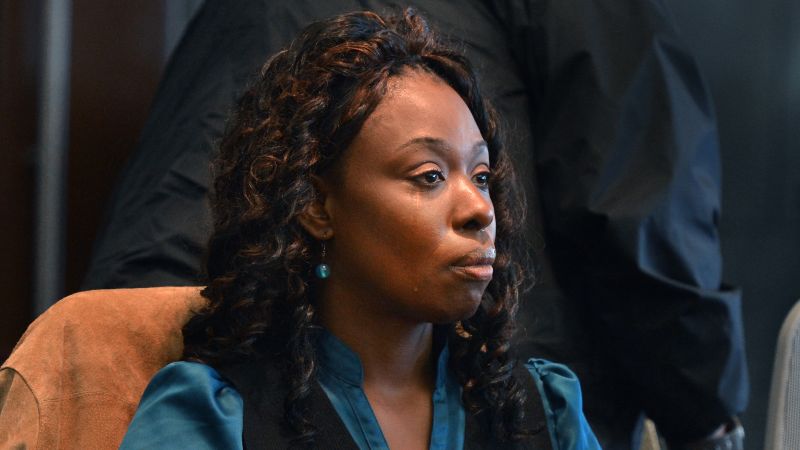
False rape allegations like the Duke scandal aren’t common enough to justify withholding support from victims, advocates say
CNN
When Katie – was 18 years old, a boyfriend slipped drugs into her drink and raped her.
When Katie Koestner was a college freshman, a boy she liked took her out to dinner. They went on a few more dates, she says, until one night, after going back to her college campus dorm, he ignored her pleas and raped her. Up until that point, Koestner was a quiet girl, who rarely spoke out to defend herself when she was mocked or taken advantage of. But this time, she found her voice. The dean of her university, The College of William & Mary in Virginia, steered her away from filing a police report, she says. The man she accused of assaulting her was found guilty in a university investigation but was allowed to stay on campus. For years, Koestner says, she faced backlash for going public with her story. Koestner and other sexual assault victim advocates are now issuing reminders of the dangers of dismissing and discrediting rape allegations in light of the latest development in the 2006 Duke scandal. More than 18 years after accusing three now-former Duke University lacrosse players of raping her, an account she shared in graphic detail, Crystal Mangum admitted in an interview published Wednesday that she lied about the encounter. Mangum apologized to the men for fabricating a story in which she said she was trapped inside a bathroom, sexually assaulted and raped by three players at a team party where she was performing as an exotic dancer. The men were arrested following her allegations.

Federal Reserve Chair Jerome Powell has told multiple associates and allies that there’s no chance he will bow to President Donald Trump’s calls for him to resign, vowing to withstand several more months of the president’s unprecedented, multi-pronged assault over Powell’s refusal to lower interest rates.





















 Run 3 Space | Play Space Running Game
Run 3 Space | Play Space Running Game Traffic Jam 3D | Online Racing Game
Traffic Jam 3D | Online Racing Game Duck Hunt | Play Old Classic Game
Duck Hunt | Play Old Classic Game










